In honour of Worldwide Mental Illness Awareness Week (MIAW), we asked you to share your experiences, triumphs and tribulations as an opportunity to break stigmas and get loud — and you did just that.

We had hundreds of submissions — personal stories shared in an effort to help others who might be going through similar experiences.
Mental Illness Awareness Week occurs each year during the second week of October. This year it takes place from Oct. 6 – Oct. 12.
Research suggests a staggering one in five Canadians face mental health challenges in their lifetime.
As the global population ages, older people are experiencing mental health problems on a more widespread basis, too. Approximately 15 per cent of adults age 60 and over suffer from a mental disorder, according to the World Health Organization.
This year’s MIAW theme is “connectivity,” which illustrates the need to stay connected with a strong support system while on the road to healthy mental wellness.
“We hope that even more Canadians will participate in this year’s MIAW campaign so that we can show decision makers the support we have for mental health parity and the need for concrete action,” Fardous Hosseiny, co-chair of CAMIMH, said in a news release.
Organizations and communities are hosting various initiatives and campaigns throughout the week to spread awareness and end the stigma that is often associated with mental illness.
Here’s what you had to say:
How has your struggle with mental health impacted your life?
“Social Anxiety Disorder has been a crippling struggle since my childhood years and still is a struggle today. To summarize the effect SAD has on me now, I basically have a “fight or flight” response to any social interaction I have, including with long-time friends. So sitting and enjoying a nice long conversation with someone is something I have never done.”
“Anxiety, depression & PTSD — since I was a small child due to excessive violence, psychological and emotional abuse among other forms of abuse, in my family home on everyone around me, including myself. Expose the truth and end the violence.
Get up, stay strong, and end the stigma around mental health.
We are braver and more mentally strong than what we are given credit for.”
I’ve had ADHD my whole life, only recently in the last few years was I properly diagnosed. I also have been diagnosed with clinical depression and PTSD from sexual assault as a pre teen. I’ve learned that being open about it can be extremely therapeutic and helpful. Hiding it only made me worse. ♥️ It also does not define you as a person. Everyone struggles with their own ailments.
PTSD, depression, anxiety; my son suffers ADHD and ODD. It’s always okay to talk about it 💖just Because it’s something that you can’t see doesn’t make it any less debilitating.
My name is many. We are those you walk by, we serve you coffee, or drive you to locations, we’re in the hospitals and on the construction sites. We create and we share and thus an ever-expanding world of wonder can only be fully realized when we change the way we look at this province, B.C. and this country.

Get daily National news
My name is many, because we are the many that get discriminated against on a daily basis that are simply looking for accommodation that is claimed to be offered to most other’s, so why not us?
Extreme anxiety / panic attacks and Agoraphobia slowly worsening over 13 years. Finally got help a year ago … was the most difficult, yet best thing I’ve ever done for myself.
Also dealing with a teenager with depression; fortunately I’ve educated myself through my own illness, to be able to be more understanding and supportive.
“I’ve spent roughly 25 years of my life fighting my brain because I was ashamed.
The illness almost took my life from me.
I am one year into recovery from bulimia and am stable on medication for my Bipolar Disorder. I feel it is my responsibility to speak out, to share my story to help bring a face and a voice to this illness.
I am now 64 years old, and mental illness has been a part of my life since I have been 8. Why do most functioning adults deal with mental health issues “living inside themselves” with tears of pain cried only at night? Because — we were never given permission as children to feel whole / to feel validated / to feel like ‘good people’ when it was our minds & hearts that ached.
I knew I always had some form of anxiety due to never wanting to talk in front of anyone, or perform in front of anyone. But I was always scared to say something about it to my doctor, because I never wanted to be labeled.
Anxiety has ruled my life since I had my beautiful daughter in May of 2016. I suffered from severe postpartum depression. My own doctor didn’t believe me until my husband came in to her office and said he was about to leave me with our newborn. Imagine being a first time mother and being told your own partner is afraid of what will happen if (you are) left alone with your baby.
I struggled in silence and denial for a long time before I reached out for help. I felt like a failure when I had to go off on sick leave. I felt like I was abandoning the children and youth on my caseload. There is so much misinformation and ignorance regarding vicarious PTSD.
I didn’t realize how much my eating disorder was pulling me down. When the only thing I could think about was the next thing I’ll eat, how many calories it contains, and how long it will take to burn off, I realized I have a problem.
It takes a village to combat mental health concerns. Stand together <3
People have stigmatized depression and anxiety as something so small people should just “get over it”. But nobody should EVER have to deal with depression alone or feel like they just need to “get over it”. It comes in waves, it occurs on days when you least expect it.
Divorce, suicide, depression. These are simple words but they affect everyone in a family, not to mention friends and co-workers too.
I am living with a mental illness. I have been for years. At first, people always said ‘You worry too much; YES you locked the front doors; No the stove is not on’ … I was continuously in a state of worry, fear and over-analyzing everything.
I myself have suffered from anxiety and there is definitely a stigma for having an ‘invisible illness’. Myself and colleagues who have family members who have suffered are making mental health a priority in our workplace. We spread the word and share facts.
I am not my ADHD. But my ADHD is part of who I am. I have never felt that I need to hide my diagnosis, nor am I ever ashamed to share it publicly with people. I actually take pride in having ADHD! I’m quite certain that if my brain didn’t work the way that it does, I would be a really really boring person. No matter what anyone tells me I am proud to have ADHD in HD.
I’ve struggled with mental health my whole life. The only thing that has been a consistent and safe support for me has been animals. They don’t judge, discriminate or hurt you. They love unconditionally.
“My mental illness and trauma from my job will always be there. It’s a part of who I am. It’s an illness I live with and manage every day, just as someone who was diabetic would manage their illness. Some weeks are excellent. Some are not. But as I live with this and learn more about it and take classes on it, the more I can recognize when I am reaching a threshold that I can’t deal with.”
If you or someone you know is in crisis and needs help, resources are available. In case of an emergency, please call 911 for immediate help.
The Canadian Association for Suicide Prevention, Depression Hurts and Kids Help Phone 1-800-668-6868 all offer ways of getting help if you, or someone you know, may be suffering from mental health issues.






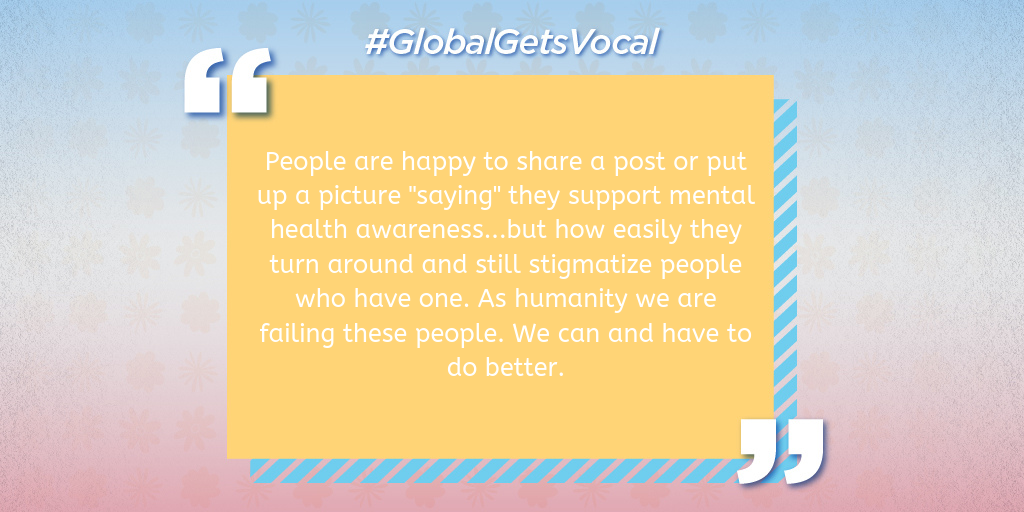
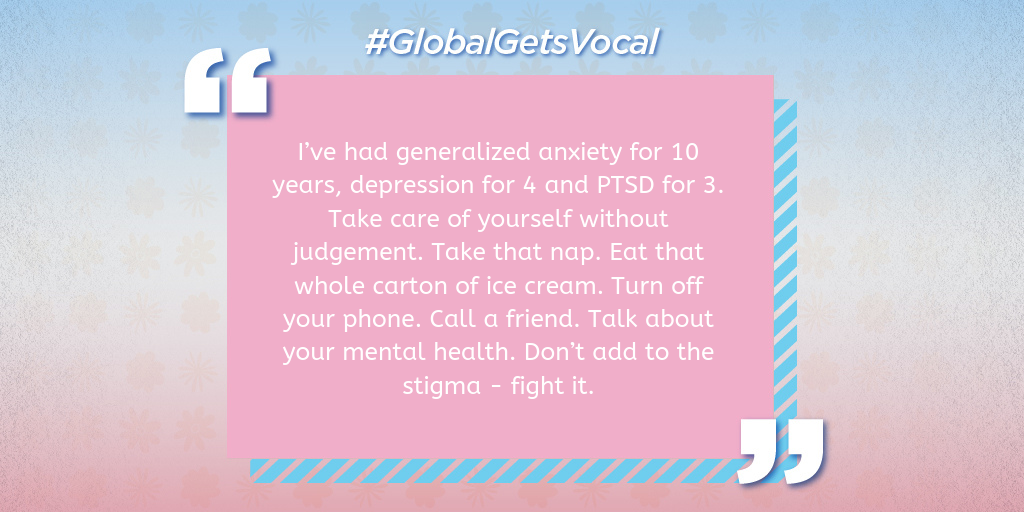
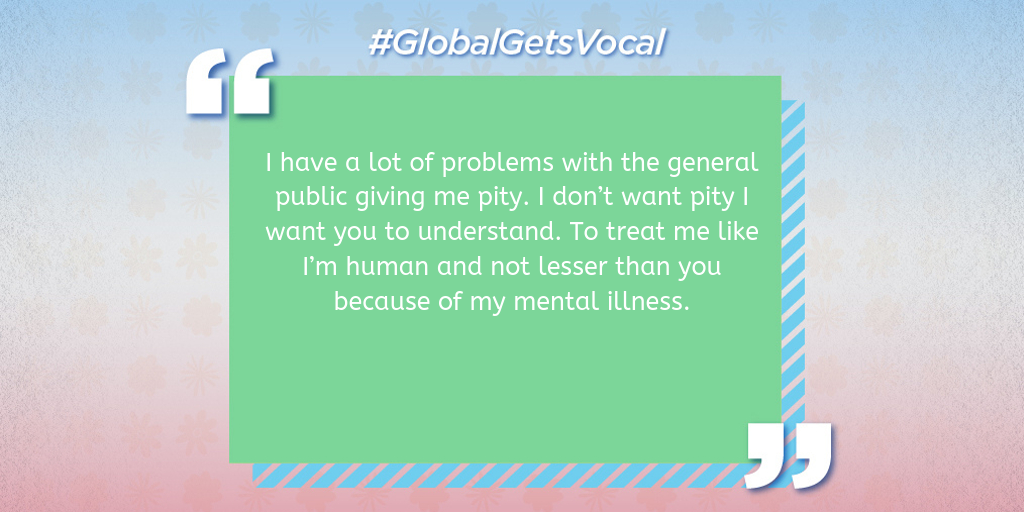
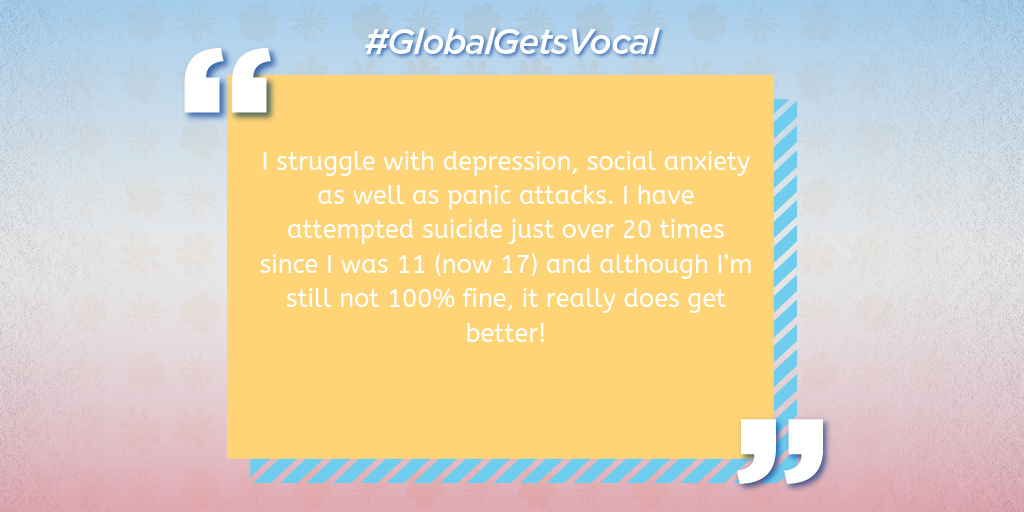

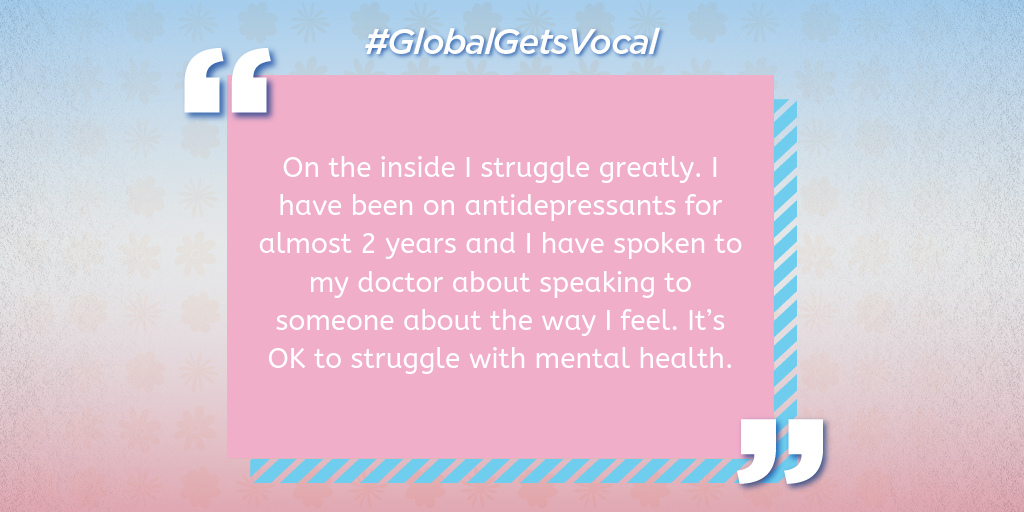

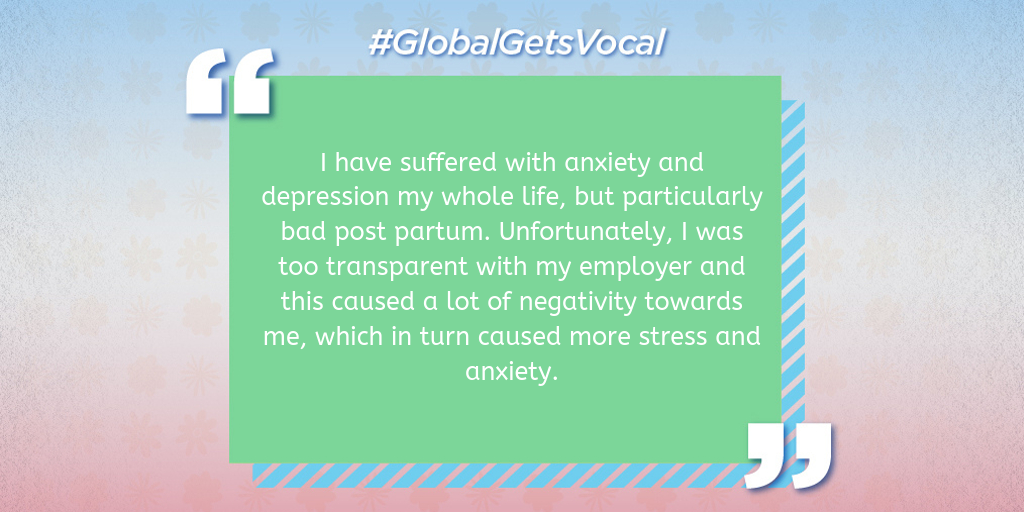
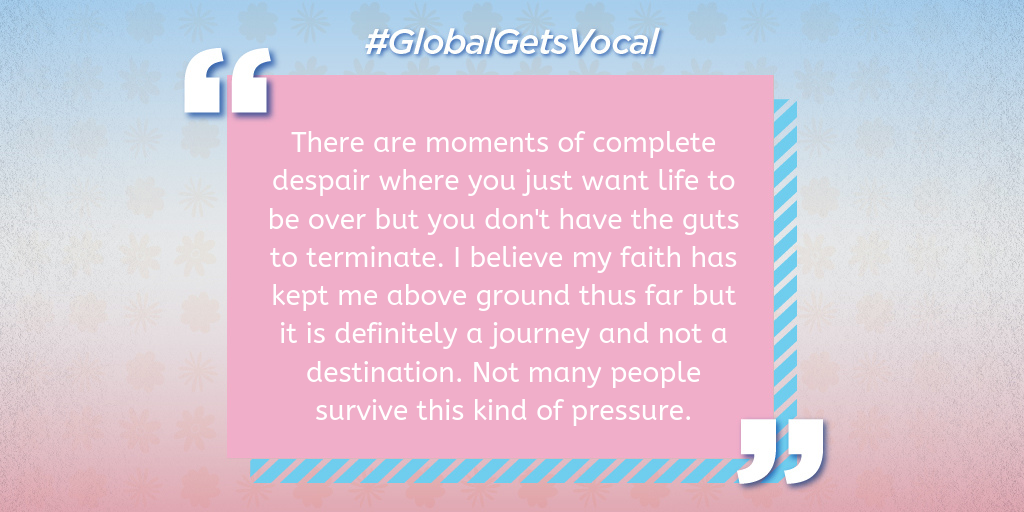
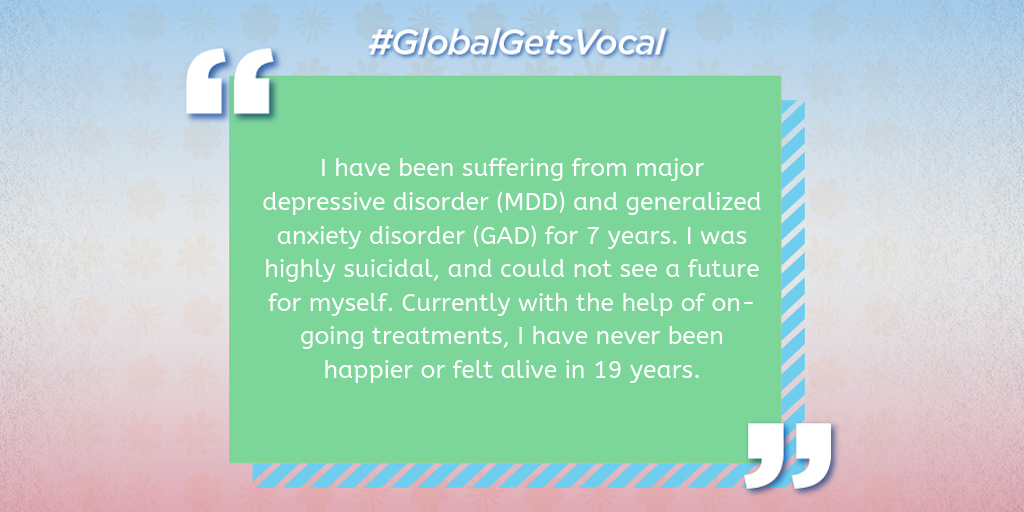
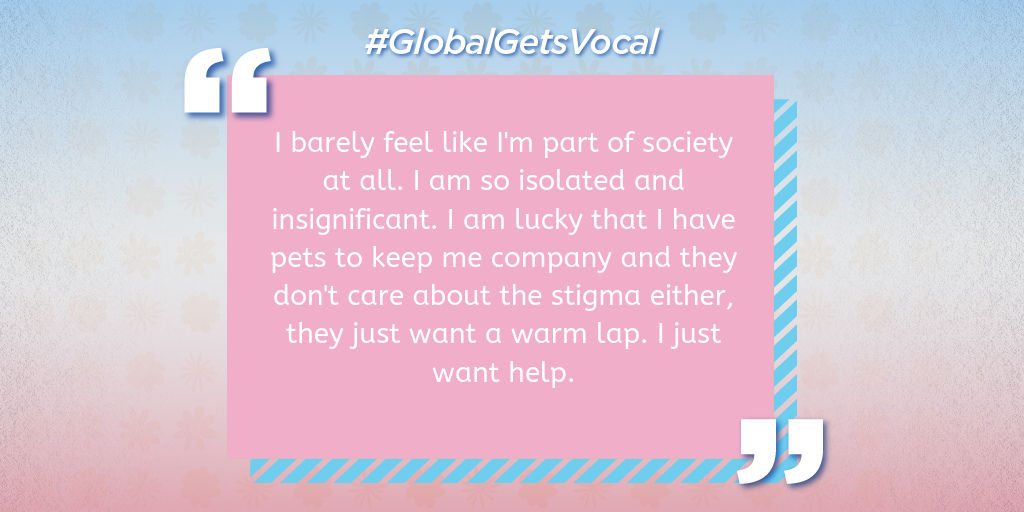



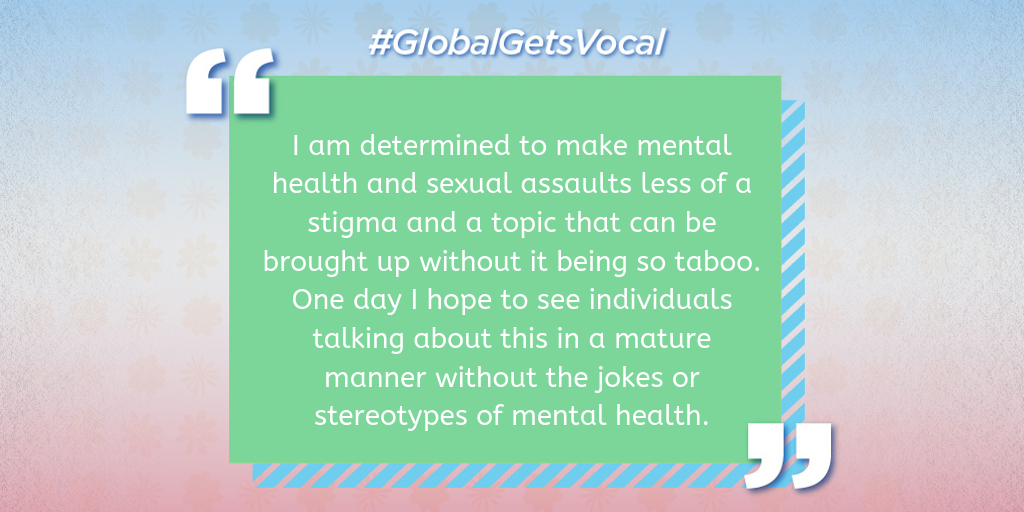

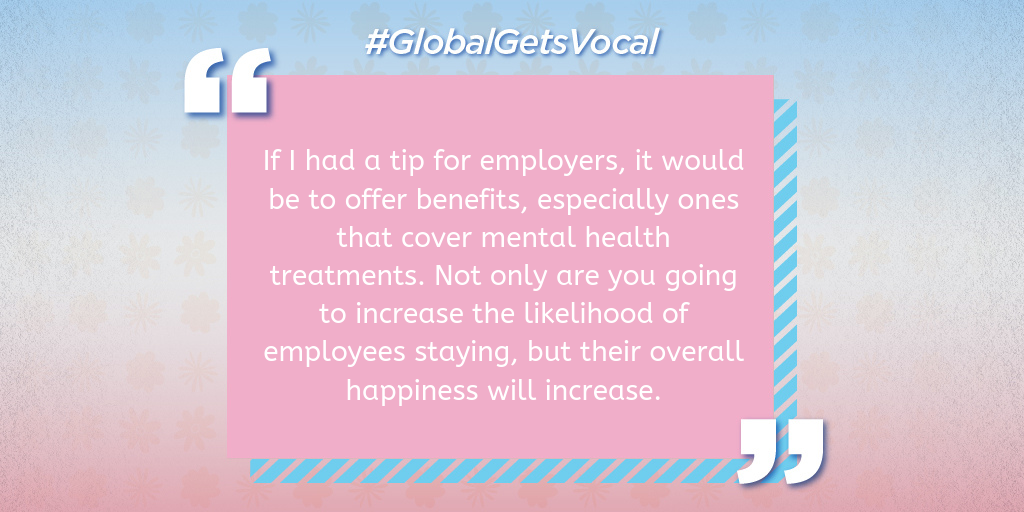




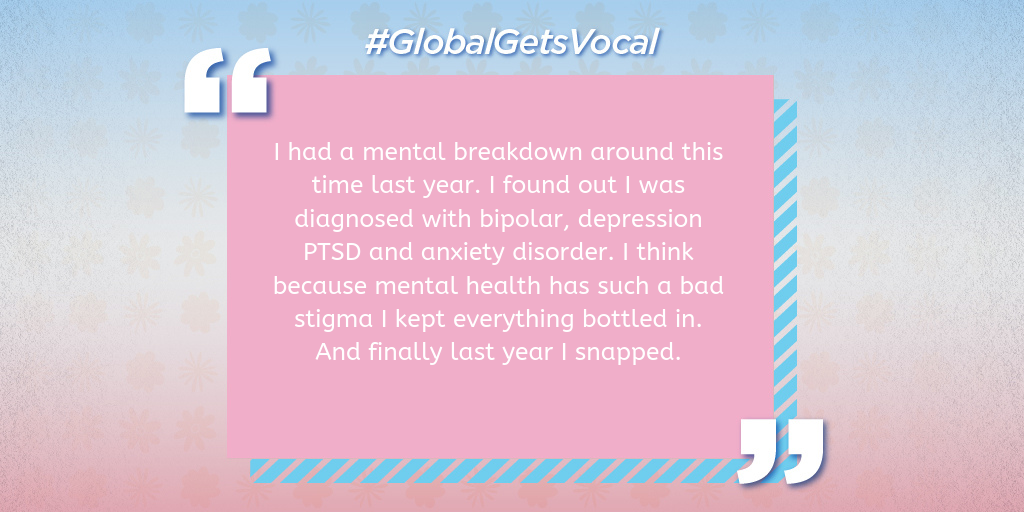


Comments
Want to discuss? Please read our Commenting Policy first.